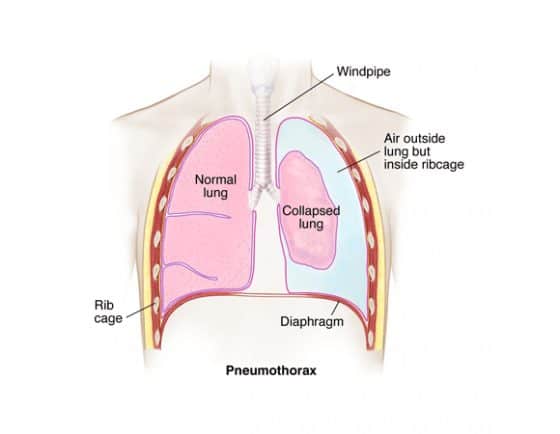
:max_bytes(150000):strip_icc()/costochondritis-tietzes-syndrome-2548833-FINAL-440ec4f4c347432baa650af6ee08c10c.png)
You’re sitting at the kitchen table sipping coffee when chest pain strikes like a lightning bolt. Here are some examples of chest pain that usually doesn’t result in a heart attack diagnosis.

A study of emergency room visits found that less than 6% of patients arriving with chest pain had a life-threatening heart issue. More often than not, chest pain does not signal a heart attack. Call 911 to seek immediate treatment to save heart muscle.

Lasting and unrelenting pain in these areas may signal a heart attack, or myocardial infarction, says Dr. Aside from your chest, the pain, pressure or discomfort also may radiate to your: Symptoms could include new or unexplained chest pain coupled with shortness of breath, a cold sweat, nausea, fatigue or lightheadedness. Some types of chest pain should send you to the emergency room - particularly if it lasts for at least five minutes. “When in doubt, err on the side of caution and visit a doctor or emergency room,” notes Dr. Given the game-ending potential of a heart attack, any chest pain deserves attention. Let’s walk through some of those indicators and what they might mean with cardiologist Curtis Rimmerman, MD.Īn important note, though: Never assume chest pain is nothing to worry about. Some chest pain symptoms, while scary and alarming, are unlikely to signal a heart attack. Oftentimes, the situation isn’t what you fear. We do not endorse non-Cleveland Clinic products or services. Advertising on our site helps support our mission. Cleveland Clinic is a non-profit academic medical center.


 0 kommentar(er)
0 kommentar(er)
